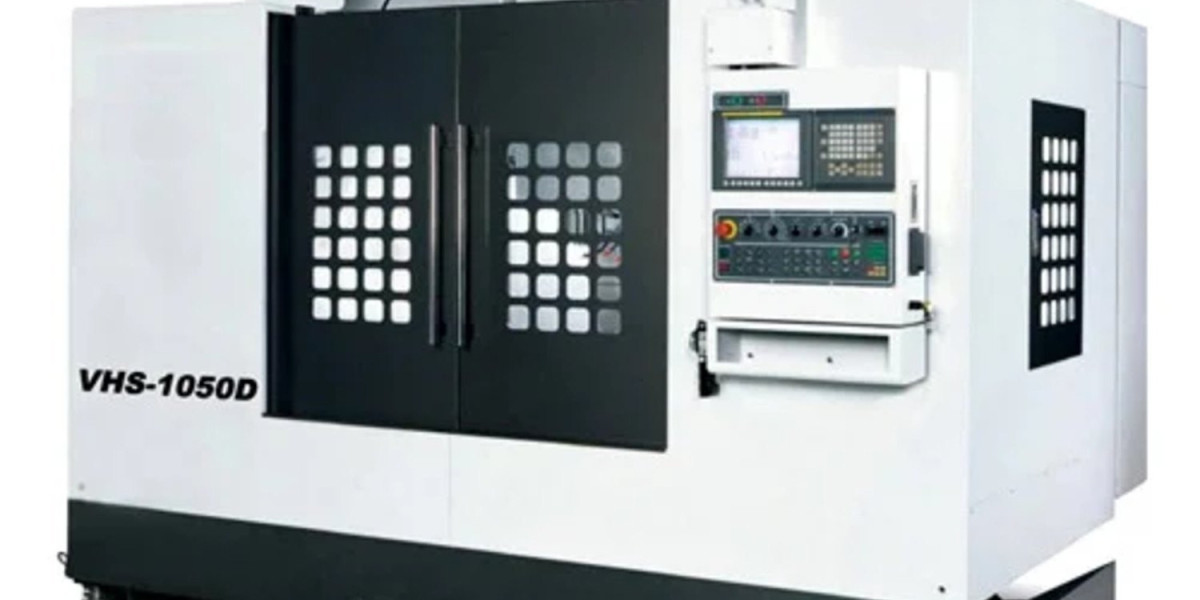CNC (Computer Numerical Control) machining centers have revolutionized the field of precision engineering, offering remarkable benefits that traditional machining methods simply cannot match. As industries increasingly demand high-quality, intricate components, CNC machining center become essential tools in manufacturing. This article explores the key advantages of CNC machining centers and their impact on precision engineering.
Unmatched Precision and Accuracy
One of the standout features of CNC machining centers is their ability to produce components with exceptional precision. Unlike manual machining, where human error can lead to inaccuracies, CNC machines operate based on programmed instructions. This automation ensures that every cut, drill, and shape is executed with incredible accuracy, allowing manufacturers to meet stringent specifications and tolerances. For industries like aerospace and medical devices, where precision is crucial, CNC machining centers are indispensable.
Increased Efficiency and Productivity
CNC machining centers significantly enhance production efficiency. Once a program is set, these machines can operate continuously with minimal supervision, drastically reducing the time required to produce parts. This capability allows manufacturers to increase output without compromising quality. Furthermore, the ability to create complex geometries in a single setup minimizes the need for multiple machine operations, saving both time and resources.
Versatility Across Materials
CNC machining centers are highly versatile and can work with a wide range of materials, including metals, plastics, and composites. This flexibility makes them suitable for various industries, from automotive to electronics. Whether you need to machine aluminum components or intricate plastic parts, CNC machines can adapt to the material requirements, ensuring optimal results.
Cost-Effectiveness
While the initial investment in CNC machining centers may be significant, the long-term cost savings can be substantial. The combination of reduced labor costs, minimized waste, and increased production rates contributes to a more efficient manufacturing process. Additionally, the enhanced precision of CNC machining helps reduce errors and rework, further lowering overall production costs.
Simplified Complex Designs
CNC machining centers excel at producing intricate and complex designs that would be difficult or impossible to achieve through traditional methods. The advanced programming capabilities allow engineers and designers to push the boundaries of creativity, resulting in innovative products that meet specific customer needs. This capability not only enhances product functionality but also gives companies a competitive edge in the market.
Consistency and Repeatability
In precision engineering, consistency is key. CNC machining centers provide a level of repeatability that manual machining cannot achieve. Once a program is established, the machine can produce identical parts with the same specifications every time. This consistency is vital for industries that require high volumes of parts that meet strict quality standards.
Conclusion
CNC machining centers have transformed precision engineering by offering unparalleled precision, efficiency, and versatility. Their ability to produce complex designs while maintaining consistency and reducing costs makes them essential tools in modern manufacturing. As industries continue to evolve, the importance of CNC machining centers will only grow, driving innovation and quality in precision engineering.



